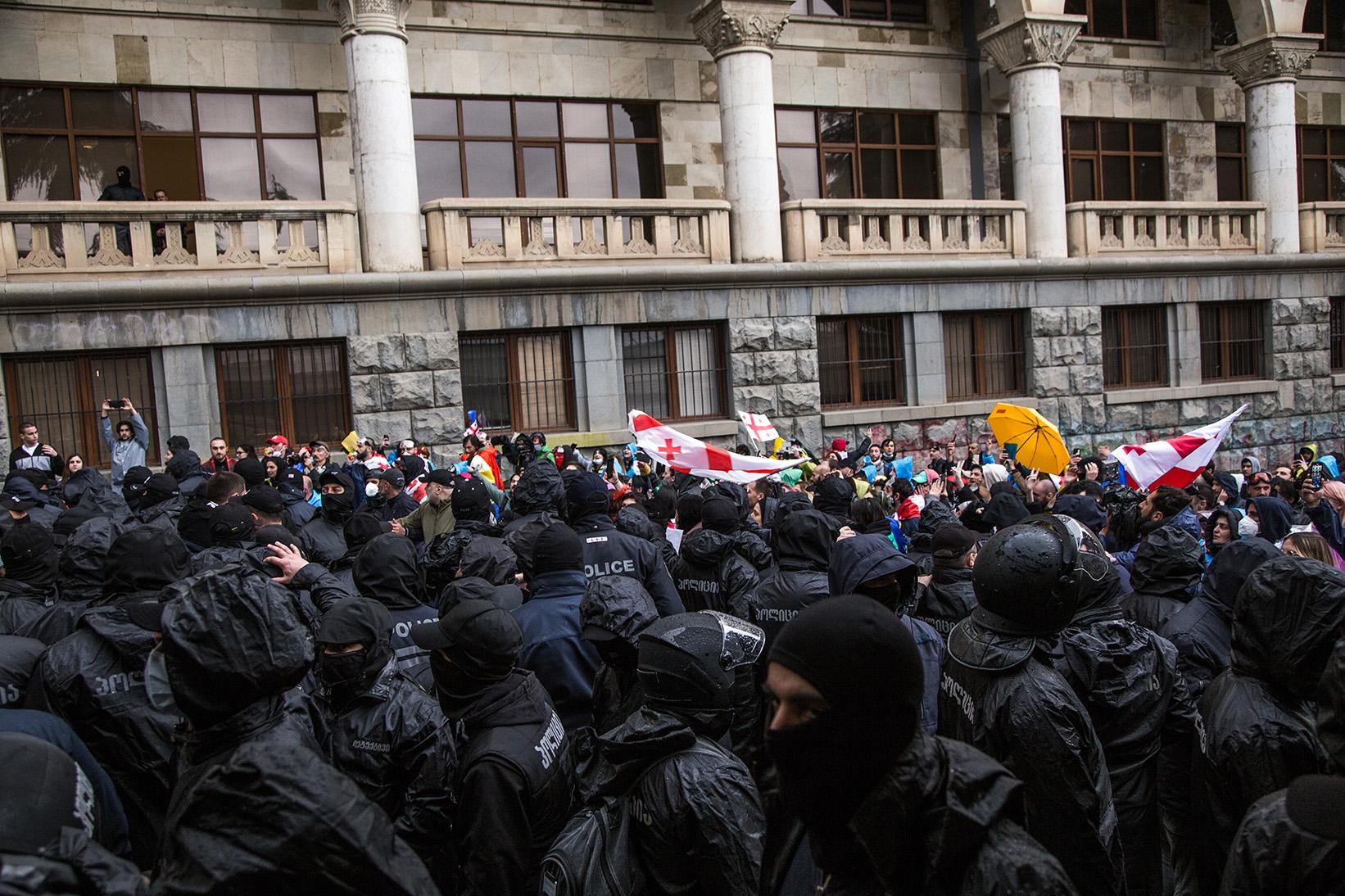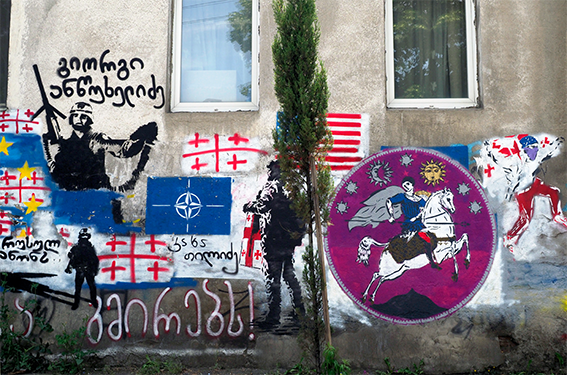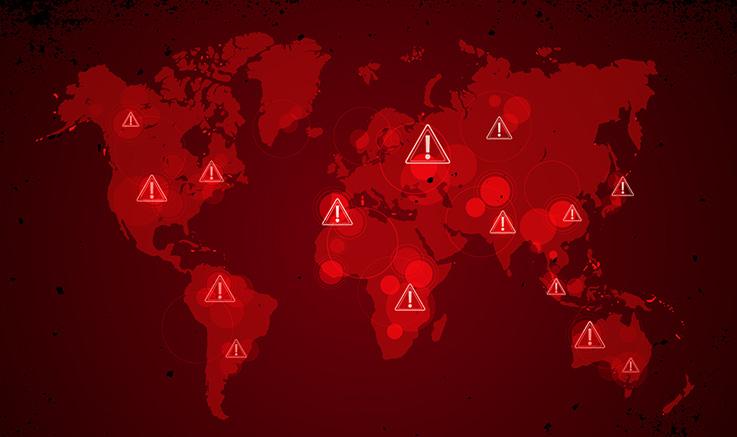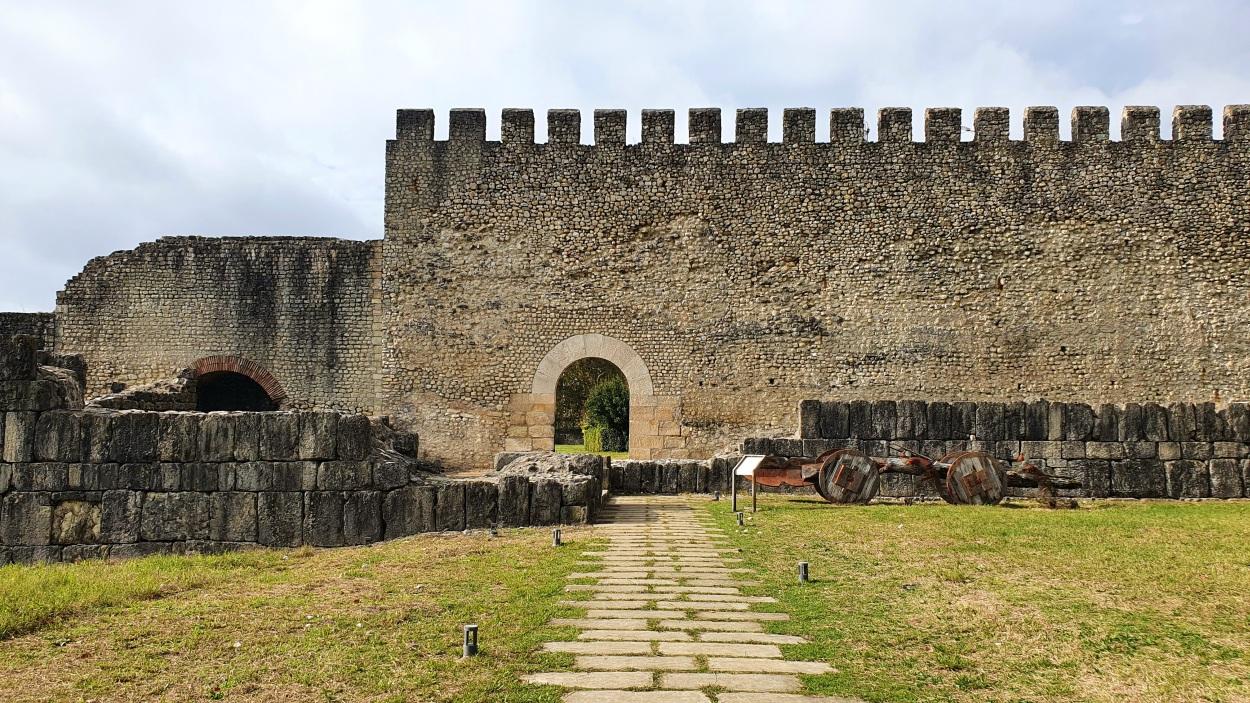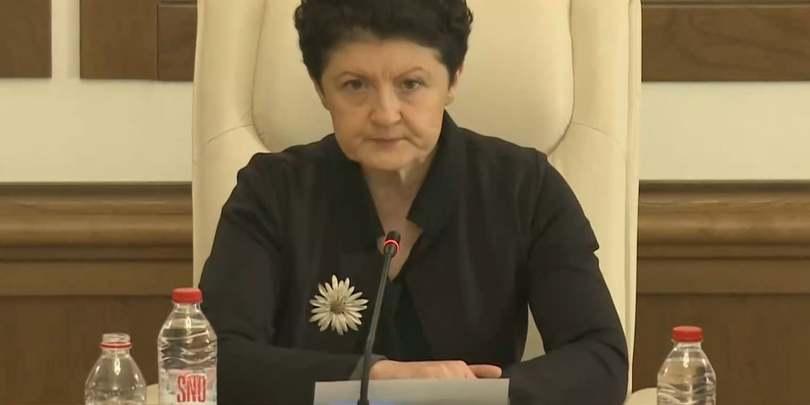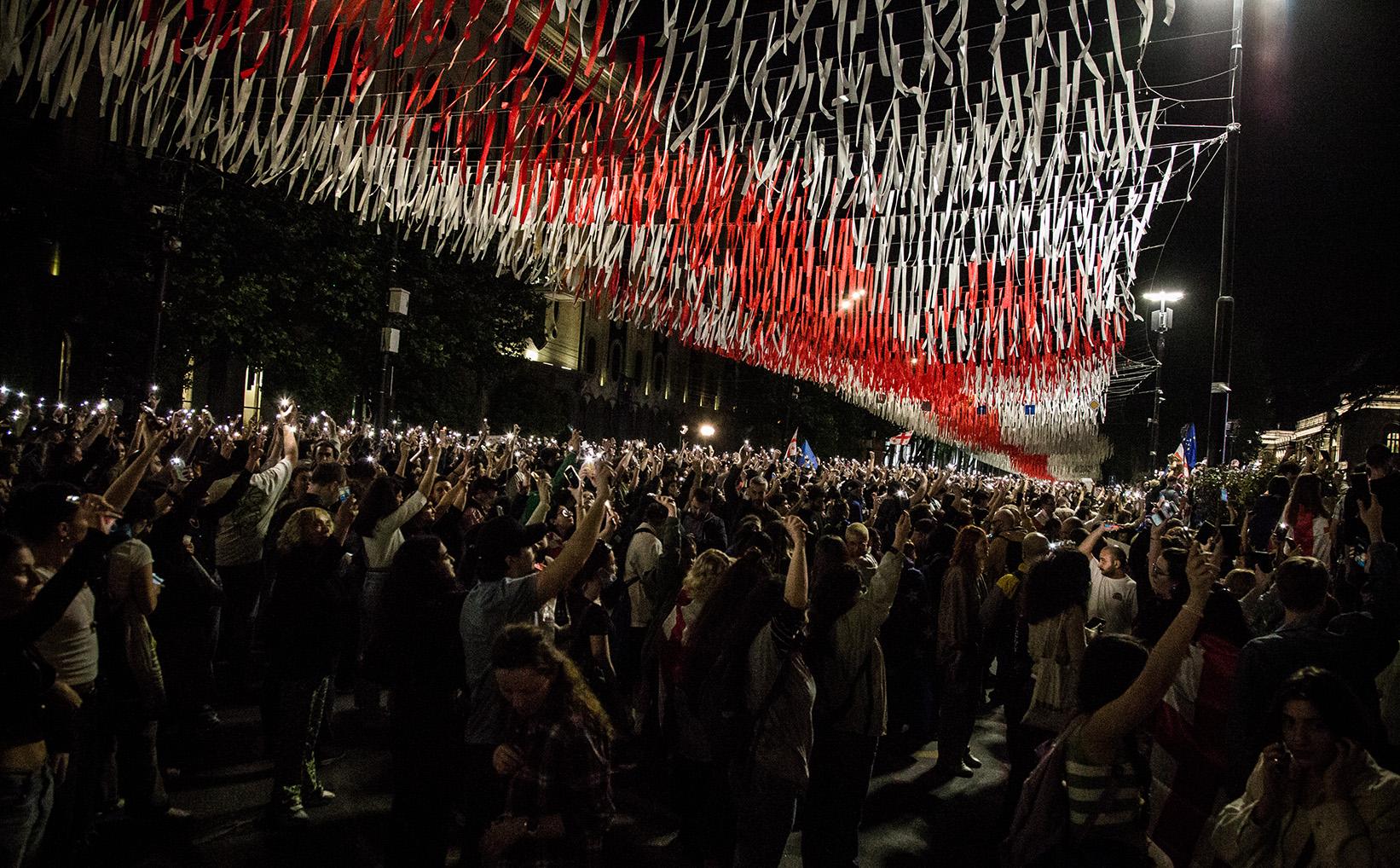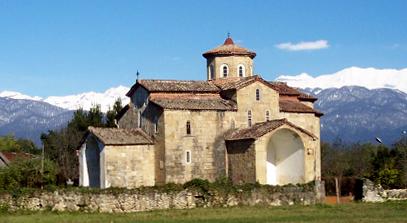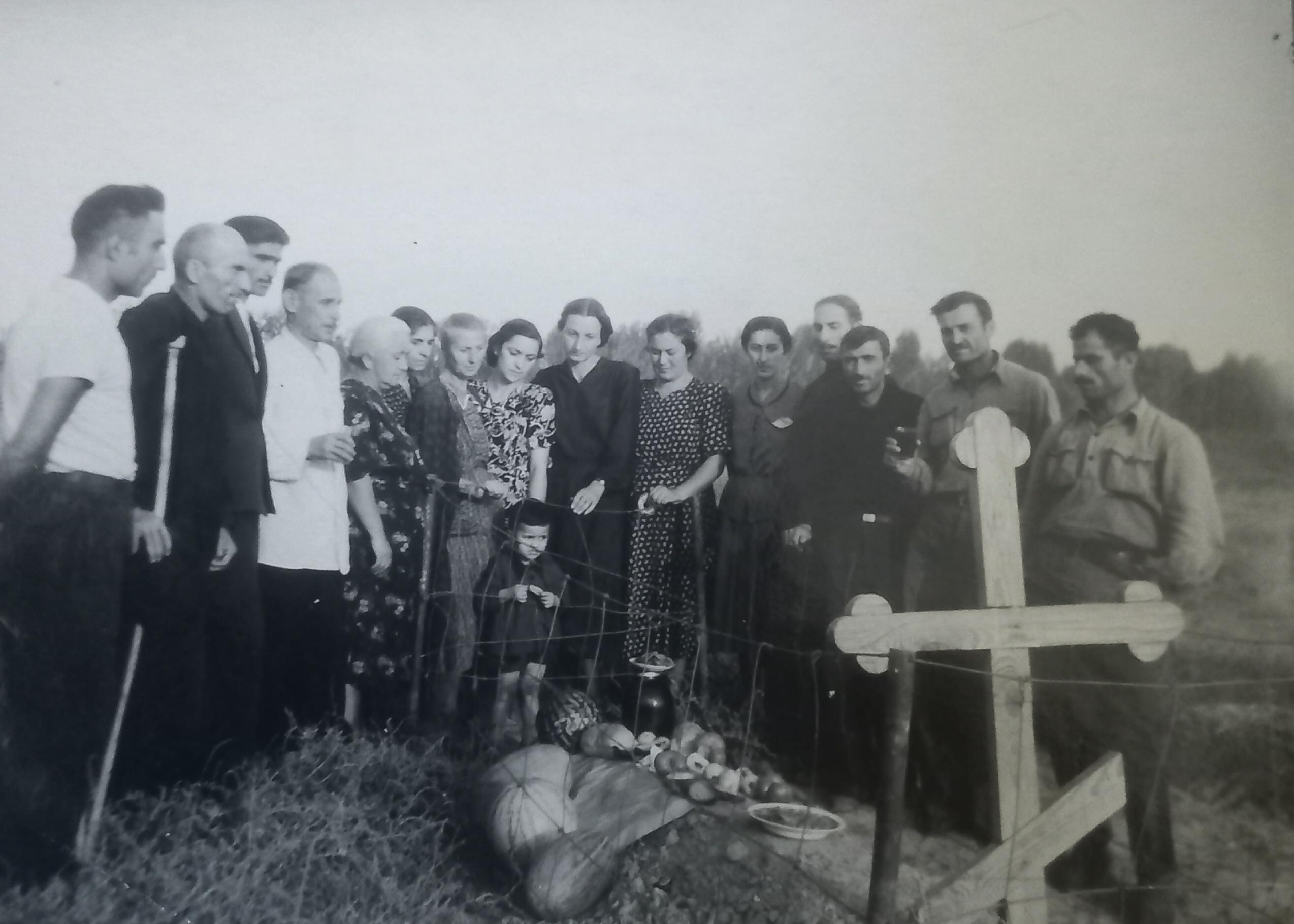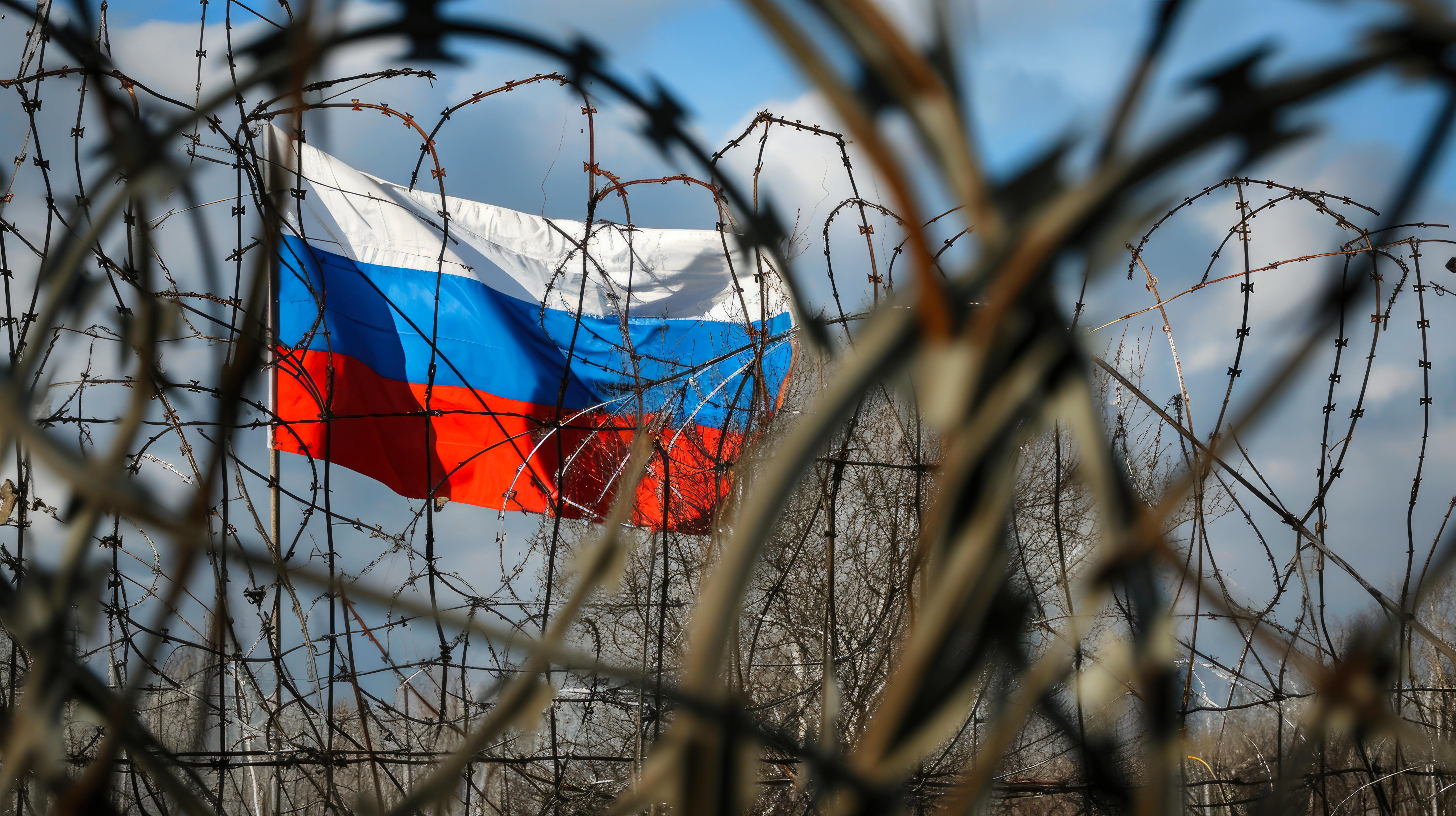
Author : Tamar Chkheidze
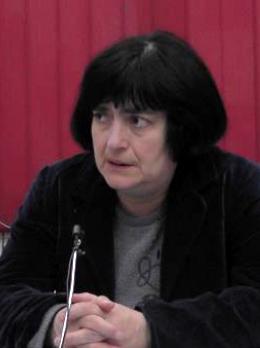
As a result of global and internal factors, the Russian Empire, in the form of the Soviet Union, collapsed, and Georgia regained its centuries-old independence. This was followed by several years of diminished imperial aspirations from post-Soviet Russia and the emergence of certain democratic elements, which gave the world the illusion of Russia becoming a normal state. Even during this period of weakened Russian influence, it did not cease its war of aggression against Georgia and the occupation of Georgian territories. Today, as the Russian Empire presents itself to the world in one of the most malevolent forms of its reincarnation, Georgia—as an independent state, nation, and society with its fragile yet still democratic institutions—once again faces a vital challenge. This time, virtually, together with the entire democratic world.
The Russian orientation of the Ivanishvili government was evident from the outset, based on its political background and statements made even before coming to power. Regrettably, this alignment was not immediately apparent to a significant portion of Georgian society until Russia entered an active phase of expansion and its directives to the Georgian government became more categorical and urgent to implement.
Of particular interest are the Russian narratives that exert varying degrees of influence on a considerable segment of the population. Let us examine some of these narratives:
‘Ivanishvili and his government preserve the peace for us.’
This blatant lie failed to secure the constitutional majority the Georgian Dream party aimed for (in fact, not even a simple majority), yet it still had a significant impact during the elections and continues to influence a portion of the population. Regrettably, the opposition’s efforts to debunk and respond to this falsehood were insufficient. Some even argued that focusing on this issue was unnecessary, claiming that war is a sensitive and stressful topic. However, the opposite should have been true: precisely because it is such a sensitive subject—and because the horrors of bombings and other war-related tragedies are so harrowing—they can compel many people to give up everything else: ‘No matter how bad the “Dreamers” are, to hell with it, just as long as there’s no war.’ This lie proved quite effective in misleading the public and required not concealment but the broad dissemination of the truth. It was followed by the well-known rhetorical question: “So, do you want war?’
The truth, however, is that Ivanishvili has nothing to do with maintaining peace (if what is happening today can even be called ‘peace’). In reality, we owe the preservation of peace to the selfless struggle of the Ukrainians. Had Kyiv fallen and Ukraine not continued to restrain the monster, the Kremlin would have invaded when the barbarian horde would find time to do so and when it itself deemed it necessary, regardless of the Georgian Dream Party’s policy of appeasement. It is true that Russia benefits greatly from the rule of the Dreamers, but it is hostile to Georgia as a country, and if it can move to the next stage of its subjugation with or without their aid, the Russophiles and hypocrisy of Ivanishvili’s rule would not deter such ambitions. It is Ukraine’s steadfast resistance that currently prevents Russia from pursuing further objectives.
Obviously, the government propagandists are not embarrassed by the question: If peace is here thanks to the Dreamers, what other country might have a war started in parallel with Ukraine? There is also no war in Moldova, Ukraine’s immediate neighbour, which openly supports Ukraine and does not flatter the aggressor.
With the outbreak of the war in Ukraine, the Dreamers began to remove more and more openly the veil of pro-Westernism and launched a completely unusual, shocking for world diplomacy, campaign of insults against the West. The Putinist delusion that there is a certain “global war party” which, for unknown reasons, has been persistently trying to drag our country into the war from the beginning, and that the Georgian government is heroically resisting this evil intention, is completely illogical and comical. It is Russia that is waging a disgusting and brutal war, and they are declaring Georgia’s partners to be the instigators of the war. Who would need it and why, what would be the benefit of Georgia’s involvement in a war with its military capabilities and the Russian government? How much would it benefit them? On the contrary, it would be an additional burden for the world, wouldn’t it?
Interference in Internal Affairs
The Georgian Dream party, much like the Soviet Union in its time, labels Western expressions of concern over human rights, democracy, judicial independence, election integrity, and political imprisonment as ‘interference in internal affairs’. By doing so, it portrays itself as a defender of national sovereignty. This narrative resonates with a segment of the population that perceives Western advocacy for democratic values as humiliating, while viewing the rejection of such principles—and the endorsement of authoritarian practices—as a form of safeguarding national independence. Such a mindset aligns with the characteristics of totalitarian and authoritarian regimes.
In reality, human rights are not an ‘internal affair’ for anyone. On the contrary, there should be an international body (the UN cannot handle this) that would be obliged, duly empowered, and equipped to respond quickly and save people’s lives and rights from a usurper or group of usurpers when necessary. This process must, of course, be fully transparent and rigorously justified.
Neutrality: The Biggest Lie in the Service of the Enemy
At first glance, many might think, ‘This is good. Why should we take sides. We will live in peace.’ However, this is a big lie spread by the invader. Georgia is not Switzerland. Switzerland is surrounded by European countries, and no neighbour is ready to swallow it up. If a country chooses neutrality without considering its specific circumstances, that alone will not protect it. Russia seeks the neutrality of a country it intends to conquer, as it leaves the country without allies and makes it easier for Russia to subdue it.
Russia is actively promoting anti-Western propaganda in Georgia—a practice it has long pursued, but which has intensified through the use of the de facto authorities themselves. No matter how much the Georgian Dream representatives may try to present themselves as independent actors, it is clear that without direct orders from Moscow, they would not—and could not—have initiated this unprecedented anti-Western campaign. Not even the communists resorted to such unrestrained vulgarity, crossing every red line and descending into outright obscenity.
LGBT: Another favourite topic of Russian anti-Western propaganda
Naturally, the Georgian Dream representatives have seized on this theme with great enthusiasm, attempting to intimidate the public with a fabricated threat that the West will supposedly destroy traditional values and undermine Georgian identity—that mothers will no longer be mothers, and fathers no longer fathers. In this propaganda narrative, a supposed shared faith with Russia plays a central role: Russia is portrayed as the defender and guardian of traditional values, while the West is depicted as a source of moral decay.
This is, of course, a blatant lie and pure hypocrisy. Diverse sexual orientations have existed throughout human history—indeed, in Ancient Greece, such diversity was widely accepted. The fact that a certain number of people have, and always will have, different orientations is simply a reality of human existence and should never be used as a tool for fearmongering. Regardless of whether one likes it or not.
Incidentally, this phenomenon exists everywhere and is no less widespread in any country than it is in so-called Orthodox Russia—which, in reality, is closer to a communist-fascist state. In fact, such orientations are often most prevalent in the very circles that fight them with propaganda, violence, and restrictive legislation.
The claim that the West is trying to impose a particular orientation on us is a blatant falsehood. What the West consistently demands—across all spheres—is the protection of human rights. And this, fundamentally, is not only a Western value but also a core principle of Orthodoxy and Christianity as a whole.
Obviously, the senior officials of Georgian Dream are not genuinely concerned—if at all—about anyone’s sexual orientation or so-called family purity. They are simply carrying out a political assignment handed down from the north, using this issue as a tool to fight against Georgia’s Western orientation. In doing so, they falsely associate LGBT rights with Western influence in an attempt to manipulate public opinion. Interestingly, this topic once resonated more deeply with the population. But now, thanks to Georgian Dream’s excessive zeal, the issue has taken on a comical tone and become a subject of ridicule—just consider absurd phrases like ‘man’s milk’, and the like.
In short, the association of national identity with Russia in the Russian narrative—and the portrayal of the West as an enemy of national and cultural values—contradicts both historical and contemporary reality. This message, rooted in the goals of a conquering power, is designed to confuse the population by deliberately reversing the roles of friend and foe.
